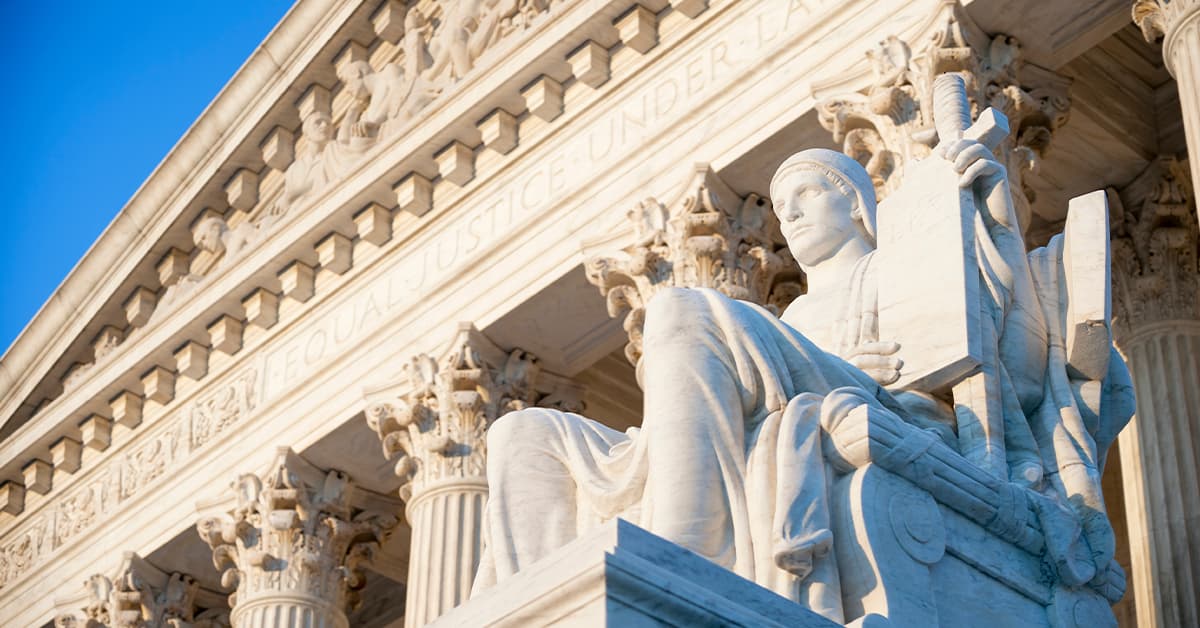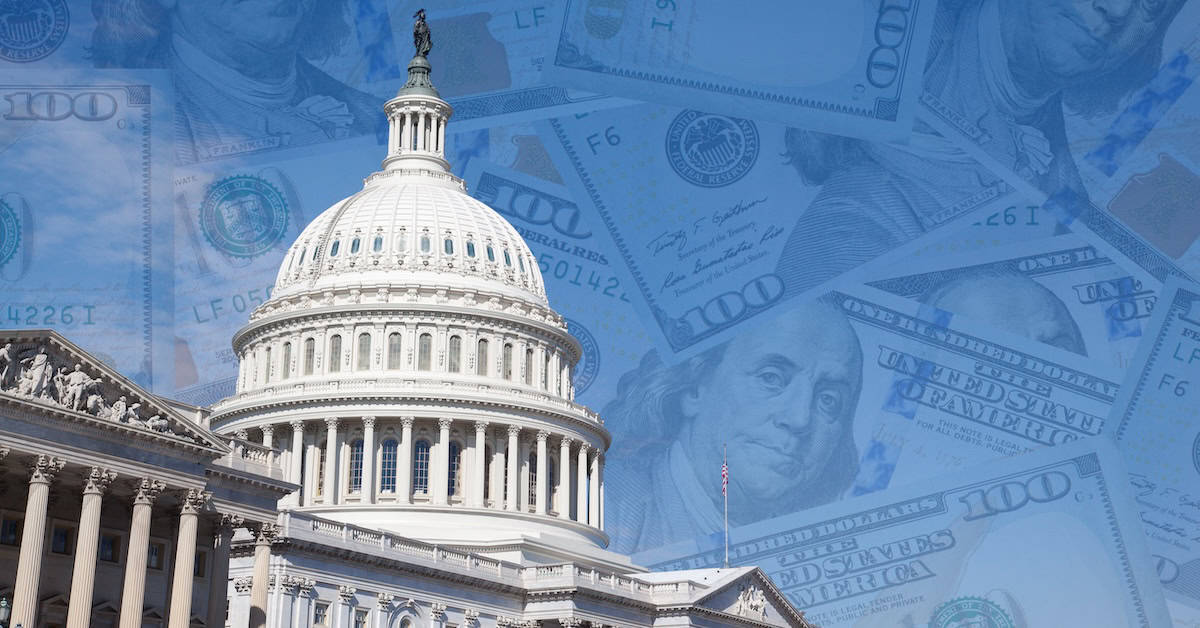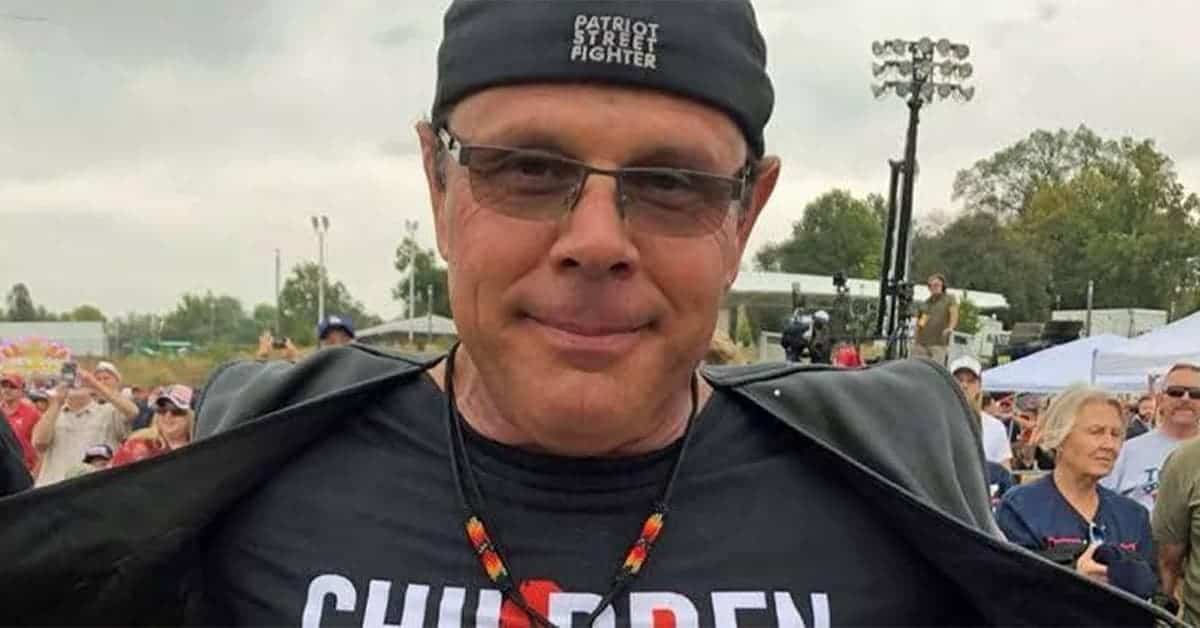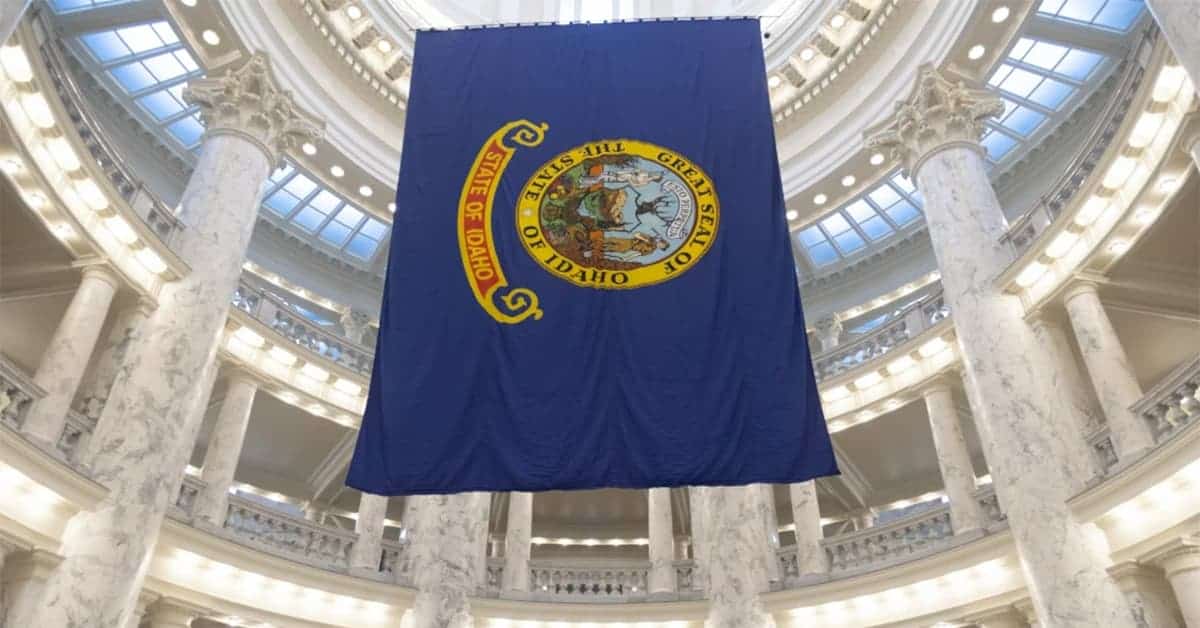On September 17, 1862, Corporal Henry Wilber of the 108th New York Volunteer Infantry was wounded, shot through the hand charging the ‘Sunken Road’ near Antietam Creek, outside of the town of Sharpsburg, Maryland.
After Antietam, he eventually recovered from his wound and returned to full service in the Army of the Potomac. In time to once again be even more seriously wounded on July 3, 1863, in Gettysburg, Pennsylvania, during what became known as Picket’s Charge.

Corporal Henry Wilber
Corporal Wilber also fought at the Battle of Fredericksburg in December of 1862 and at Chancellorsville in May of 1863. His unit was involved in nearly every major battle from its inception until the end of the war when it was mustered out of the Union Army Second Corps.
The wounds Corporal Wilber received at Gettysburg were much more serious than the gunshot wound through his hand that he received at Antietam. He could no longer continue to serve with his unit, so he was transferred to what at the time was called the “Invalid Corps,” later the Veterans Reserve Corps. There he remained on garrison duty until the end of the war.
On January 1, 1863, President Abraham Lincoln issued the Emancipation Proclamation, freeing all African slaves held in bondage in the southern states involved in the rebellion, which led to the eventual ratification of the 13th Amendment that formally abolished slavery in the United States. It also ensured that the Civil War was no longer just about restoring the Union but also about freeing blacks from slavery.
There was no massive desertion from the Union Army due to the Emancipation Proclamation; white soldiers did not leave the ranks in droves, refusing to fight to free the slaves. But instead, they continued to fight and die for over two more years to restore the Union and free blacks from bondage.
Official records indicate that 360,222 Union soldiers died during the Civil War, to be exact. A large percentage of them killed after the Emancipation Proclamation fighting to free black Americans from slavery.
As one can probably tell, I’ve done a fair amount of family research into my ancestors, being able to uncover a great many details about my family history. I’ve looked at military records, census documents, local newspaper archives, birth and death certificates, and wills. I’ve dug as deeply as I could to try to uncover as much about my ancestors in order to share that family heritage with my children and grandchildren.
In all of my research, I had never discovered that anyone in my family, going all the way back to the late 1600s when they first arrived in America, ever owned a slave. Not a single one. None of the wills that I’ve seen ever indicated ownership of any slaves being passed down to the heirs on the death of the family patriarch. No census documents listed any slaves owned by any Wilber household. I’m pretty convinced that I can say with a fair amount of certainty that my family was not slave owners. In fact, considering my Great Grandfather Corporal Henry Wilber’s service in the Civil War, my family fought with honor and distinction and shed blood in the fight against slavery.
I mention these historical facts because I think it’s relevant to the current discussions taking place in our nations’ Capitol about legislation proposed by Democrats to pay reparations to the descendants of slaves here in America. In my humble opinion, legislation is at best misguided, and worst nothing more than revenge and punishment for the slave owners of the America of long ago.
Certainly not legislation that will bring unity to our country that is so divided over a myriad of other issues. Reparations are something that will add more coal to the fire that is tearing our country apart right now.
Reparations of one sort or another have long ago been paid to atone for the sin of slavery in America. Paid on the battlefields of Fredericksburg, Chancellorsville, Antietam, Gettysburg, and many, many more. Paid through ‘Affirmative Action,’ government ‘set-asides,’ ‘Enterprise Zones,’ and so many other public and private initiatives put forth to benefit black Americans.
Call it “reparations” if you want, but what it really is, is nothing more than black retribution for sins of the past. Revenge against white Americans of today who never owned slaves, who never participated in the slave trade, and very likely whose ancestors also never owned a single slave, since slave ownership in the past was not widespread outside of the southern states.
Does it heal the wounds of slavery that no black Americans alive today ever experienced? Does it do anything to heal our nation and bring us together? Or will it simply further inflame the racial tensions that had, for the most part, become a thing of the past?
That is until January 20, 2009, when racial tensions in this country were reignited, and all the progress made was erased and pushed back decades. Such a shame too. America at that time was very close to achieving the colorblind society that Dr. Martin Luther King had worked so hard for.
Well, as far as I am concerned, my Great Grandfather Henry has already paid any reparations in full that might have been owed by the non-slave owning Wilber family. Maybe it’s time for the Democrats pushing this agenda to harken back to President Abraham Lincoln’s words, “with malice towards none, and charity for all.”
He never mentioned ‘revenge’ and ‘retribution.’

























